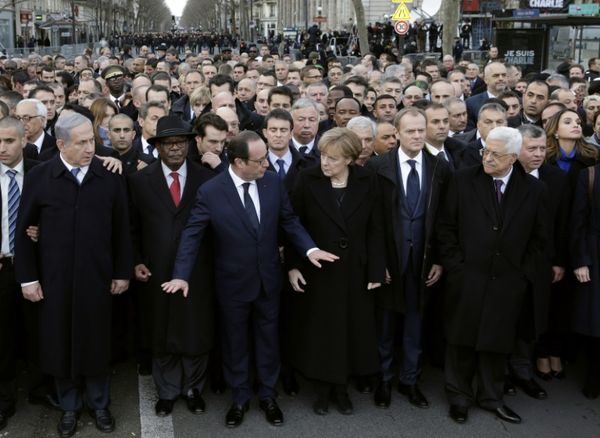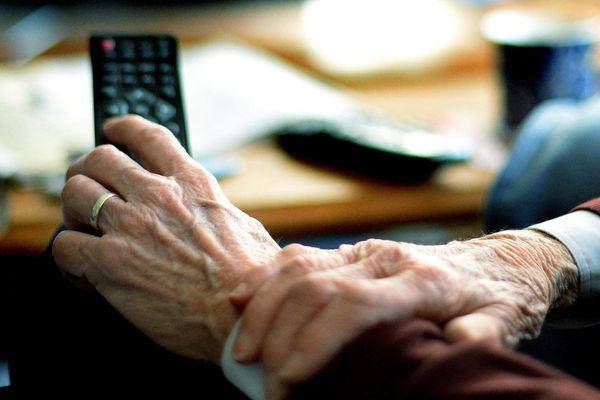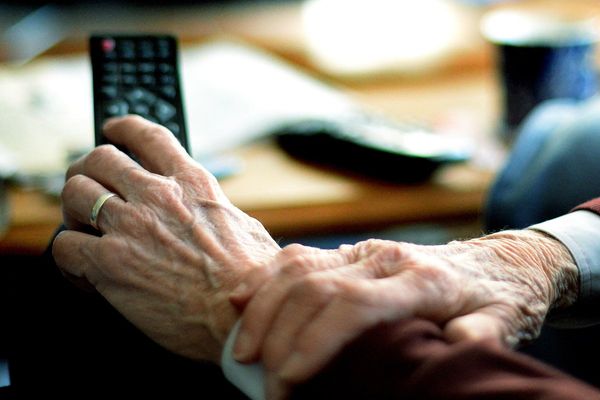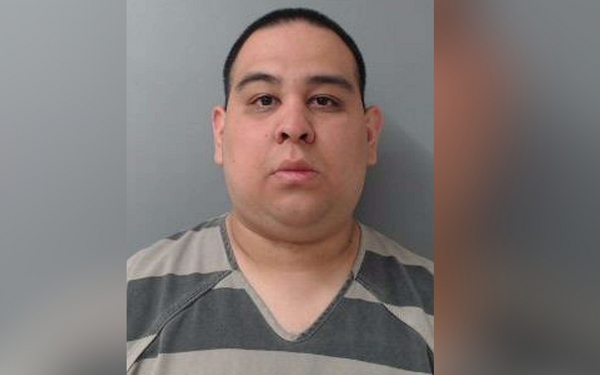
Victorians who are most at risk of contracting monkeypox will begin getting their jabs this week as the first vaccines arrive on Tuesday.
An initial 3500 doses of the third generation Jynneos smallpox vaccine have been received and more are expected later this year, state health minister Mary-Anne Thomas announced.
“Initial eligibility for vaccination is limited to priority at risk groups however with more vaccines set to arrive later this year, we will work with the Commonwealth to ensure all Victorians who need a vaccination get one,” Ms Thomas said.
Due to high global demand for the vaccine, there is limited supply and subsequently strict eligibility criteria for the rollout has been set by public health experts and is aligned with NSW standards.
It comes as NSW also begins rolling out the monkeypox vaccine for high-risk groups including gay, bisexual and other men who have sex with men.
NSW Health will have 5500 doses available in the first stage with a further 30,000 doses expected to arrive by the end of September.
An estimated 70,000 more doses will be available in early 2023.
Vaccinations in Victoria will be available from Melbourne Sexual Health Centre, Thorne Harbour Health, Northside Clinic, Collins Street Medical Centre and Prahran Market Clinic while those in regional Victoria will be able to access vaccination via a regional local public health unit.
Victoria has so far recorded 22 cases of monkeypox, with seven currently active cases while 57 cases have been reported across the country.
The rare disease is caused by infection with the monkeypox virus and has been the source of an international outbreak in recent months.
Symptoms include fever, chills, muscle aches, backache, swollen lymph nodes, and exhaustion.
Anyone with symptoms is being urged to seek urgent medical care.
The disease is endemic in Central and West Africa and has also been identified in parts of Europe.
It is usually spread through contact with animals or consumption of wild game.
Person-to-person transmission occurs with very close contact with infected people, including skin-to skin contact during intimate activity.
It can also spread through respiratory droplets and contact with contaminated surfaces such as clothing, towels or furniture.
Incubation usually varies from 7 to 14 days from exposure.
Children unvaccinated against smallpox are said to be at higher risk of disease and death, along with pregnant women and immunocompromised people, according to The World Health Organization (WHO).
A leading infectious diseases expert recently warned against dismissing the threat posed by monkeypox.
Burnet Institute chief executive Brendan Crabb said the community should take more precautions against the virus.
“We have the big lessons from COVID-19 which we just don’t seem to have learned with respect to monkeypox,” he told the Medical Journal of Australia’s InSight+ podcast.







